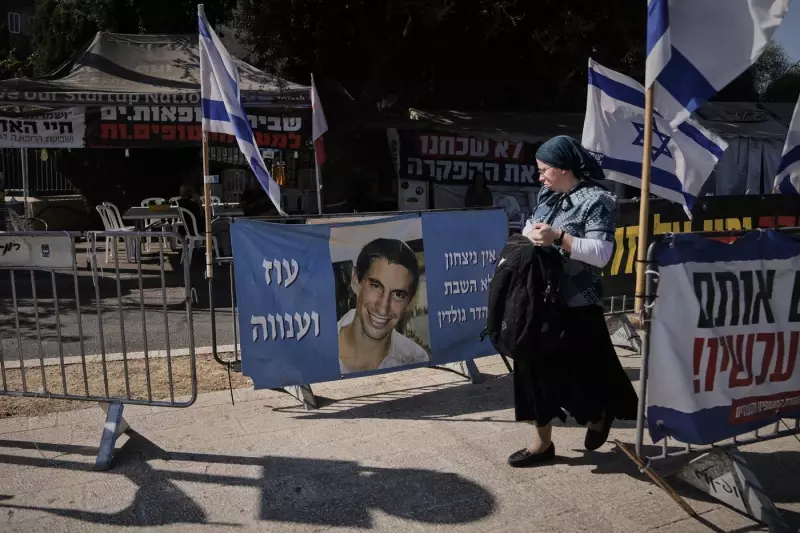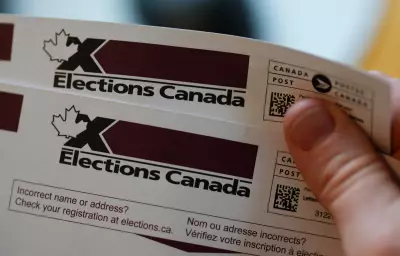
The International Committee of the Red Cross has confirmed receiving the body of a hostage from Hamas authorities in Gaza, which the militant group claims belongs to an Israeli soldier killed during the 2014 conflict between Israel and Hamas.
Decade-Long Wait for Closure
Hadar Goldin, an Israeli soldier who was killed during Operation Protective Edge in 2014, has been held in Gaza since his death. The recent handover of his remains to the Red Cross represents a significant development in the long-standing issue of soldiers missing in action and hostages held in the region.
The transfer occurred on November 9, 2025, according to official statements. This development comes amid ongoing tensions and intermittent negotiations between Israeli authorities and Hamas leadership regarding prisoner exchanges and the return of remains.
Visual Reminders of Ongoing Conflict
In Jerusalem, visual reminders of the human cost of conflict remain ever-present. A woman was photographed walking past a portrait of Hadar Goldin displayed in the city, underscoring how the memory of fallen soldiers remains alive in Israeli society years after their deaths.
The public display of soldiers' photographs serves as both memorial and political statement, keeping pressure on governments to continue seeking the return of all personnel, whether living or deceased.
Broader Implications for Peace Process
This transfer represents one of the rare confidence-building measures between the warring parties. The handover of remains, while emotionally charged, can sometimes open doors to further humanitarian exchanges and potentially ease tensions in the protracted conflict.
The 2014 Gaza War, also known as Operation Protective Edge, lasted for seven weeks and resulted in significant casualties on both sides. The conflict left numerous families awaiting news of missing loved ones and created humanitarian crises that continue to affect the region today.
International organizations like the Red Cross play crucial roles as neutral intermediaries in such sensitive exchanges. Their involvement helps ensure that humanitarian gestures proceed according to established protocols and international standards.





